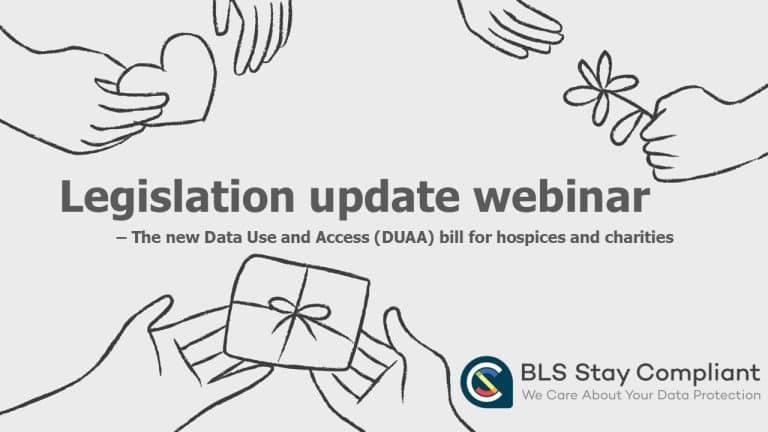The push to develop safer recruitment practices for sectors working with children and vulnerable adults really gathered pace as a result of the recommendations made in the Bichard Enquiry Report (2004). This enquiry took place as a result of the murder of 10-year-old Holly Wells and Jessica Chapman by school caretaker Ian Huntley in Soham (2002).
In this report Bichard highlighted the need to further strengthen recruitment processes, especially within the education sector, whilst making it clear that whilst it does not replace all other safeguards, it should be considered an integral part of a range of strategies to keep children safe.
Sir Michael made these key recommendations as he identified a range of systems and practices within the recruitment process itself, as well as deficiencies in a number of wider systems and sectors. He stated that additional safeguards were necessary as “One cannot be confident that it was Huntley alone who slipped through the net.”
A recent BBC article has reported that ‘Inappropriate conduct made up more than half of all bans following misconduct hearings’ and that ‘Sexually motivated, inappropriate conduct is the reason for a third of teaching bans.’
In light of the report findings and clear safeguarding directions set out by OfSTED (‘All schools should have a culture of safeguarding. This means they should have effective arrangements to: manage safe recruitment and allegations about adults who may be a risk to children, pupils, students and vulnerable adults’) it is imperative that all schools practice robust safer recruitment whenever appointing staff.
All organisations which employ staff or volunteers to work with children and young people have a duty to safeguard and promote their welfare. KCSiE (Keeping Children Safe in Education) stipulates that ‘at least one of the persons who conducts an interview has completed safer recruitment training.’
Similarly, Section 11, Children Act 2004, sets out the arrangements for safeguarding and promoting the welfare of children and applies to all key local bodies named under section 11(1) of the Act. One of the key features of these arrangements is ensuring safe recruitment procedures are in place.
Schools should consider whether they follow due process when recruiting permanent, temporary and agency staff and those who, whilst not having direct responsibility for children, will have close unsupervised contact with children within the organisation and will be seen as safe and trustworthy and/or have access to confidential and sensitive information e.g. administrative staff, receptionists, caretakers, maintenance workers.
The key facets within any safer recruitment process are designed to:
- Discourage inappropriate applicants from applying at every step (i.e. from the initial advert through to the type of questions asked at interview and references sought).
- Allow the recruitment panel to identify any potential concerns they have about a candidate and to take steps to explore these concerns thoroughly.
Our training team has over 50 years combined direct experience of recruiting within the public sector, including an ex Headteacher and an ex-police Chief Superintendent with a wealth of experience in relation to safer recruitment practices.
Our safer recruitment training is recommended for leaders at all levels who will be involved in recruitment for roles working closely with children and vulnerable adults.
Our training covers all the key elements of running your own safer recruitment process, including:
- Background and legal position (including OfSTED)
- Key features of abusers
- Safer Recruitment panels
- Advert construction
- Personal visits
- Application packs including: application forms / job descriptions / personal specifications / references
- Interview procedure and protocols
- Pre employment checks
The training includes the opportunity for delegates to interact with the trainers and each other through reviewing relevant case studies and practical exercises to reinforce key elements of the process.
For further information please contact us and one of the team will be happy to discuss your needs:
Tel: 01757 616885
Email: info@bls-staycompliant.co.uk



















